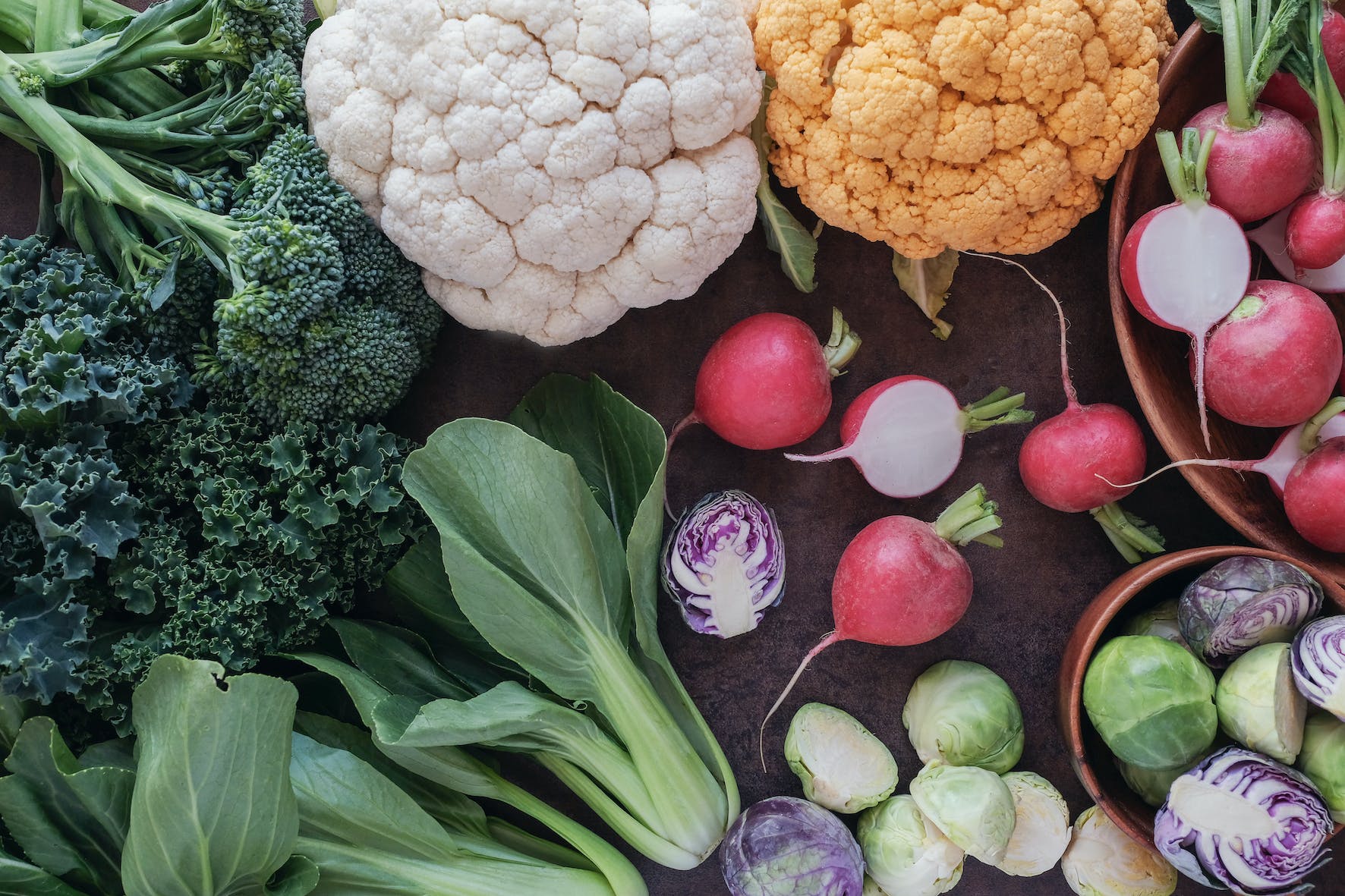5 ways to up your antioxidant intake
In my last article, we took a deep dive into antioxidants - if you missed it you can loop back to it here LINK ANTIOX. Antioxidants are molecules that help stabilise other molecules called ‘free radicals’, which are unstable in their nature and can damage nearby healthy cells, contributing to oxidative stress and systemic inflammation. As free radicals are present in our environment, it is crucial that we eat sources of antioxidants on a daily basis to keep inflammation at bay. Here are 5 easy ways to increase the amount of antioxidants in your diet:
1. Go for ACE!
That’s vitamins A, C and E, which work as antioxidants in the body - choose foods high in these nutrients for an antioxidant boost. Liver is an incredibly rich source of vitamin A, but sweet potato, carrot, leafy greens, dairy products and oily fish are also good sources too. Vitamin E can be found in nuts, seeds and plant oils (such as olive oil), while eating a range of fruits and vegetables will provide you with plenty of vitamin C (1).
2. Remember your minerals
Vitamins aren’t the only antioxidants found in foods, minerals are great too! Specifically copper, zinc and selenium all exhibit antioxidant effects (2). For these minerals, nuts and seeds are your best bet - brazil nuts are particularly rich in selenium, pumpkin seeds are rich in zinc while sesame seeds are a fantastic source of copper - though most nuts and seeds contain these minerals in varying amounts. As well as nuts and seeds, fish, meat and shellfish all contain these essential minerals.
3. Eat the rainbow
Plant foods contain thousands of specific beneficial compounds called phytonutrients, many of which are known to have powerful antioxidant effects when consumed by humans (3). Different coloured fruits and vegetables contain different types of phytonutrients, and in varying amounts, so the best way to get an array of them is to eat a rainbow of plant foods daily.
4. Spice it up
As spices are created from plants, they are a great source of antioxidants. Dried spices tend to have a higher concentration of antioxidants compared to their fresh counterparts (4), but both are still incredibly nutritious (and tasty!). Adding spices like cloves, turmeric, ginger, allspice and cinnamon to your food creates incredible flavour and provides a healthy dose of antioxidants, so go nuts!

5. Go crazy for cruciferous
Cruciferous vegetables include broccoli, cauliflower, pak choi, cabbage, rocket, brussell sprouts, spring greens and kale, and these are an excellent source of a particular antioxidant called glutathione. Glutathione is a powerful antioxidant, preventing damage from free radicals, but also supports healthy liver detoxification (5). Try to include at least one portion of cruciferous vegetables in your diet daily to keep those antioxidant levels in check.
DEFLAME is a plant-based liquid supplement containing plant-based omega-3, alongside curcumin (the active antioxidant in turmeric), ginger and frankincense, all of which are natural anti-inflammatory ingredients designed to reduce inflammation and oxidative stress. To read more about DEFLAME, click here.
References:
1. NHS (2021) Vitamins and Minerals. Available at: https://www.nhs.uk/conditions/vitamins-and-minerals/(Accessed: 14th May 2021)
2. Calder, P.C., Carr, A.C., Gombart, A.F., Eggersdorfer, M. (2020) ‘Optimal Nutritional Status for a Well-Functioning Immune System Is an Important Factor to Protect against Viral Infections’. Nutrients.12 (4) pp. 1181
3. Harvard Health Publishing (2021) Understanding Antioxidants. Available at: https://www.health.harvard.edu/staying-healthy/understanding-antioxidants (Accessed: 14th May 2021)
4. Yashin, A., Yashin, Y., Xia, X. and Nemzer, B., 2017. Antioxidant Activity of Spices and Their Impact on Human Health: A Review. Antioxidants, 6(3), p.70
5. Gaucher, C., Boudier, A., Bonetti, J., Clarot, I., Leroy, P. and Parent, M., 2018. Glutathione: Antioxidant Properties Dedicated to Nanotechnologies. Antioxidants, 7(5), p.62

